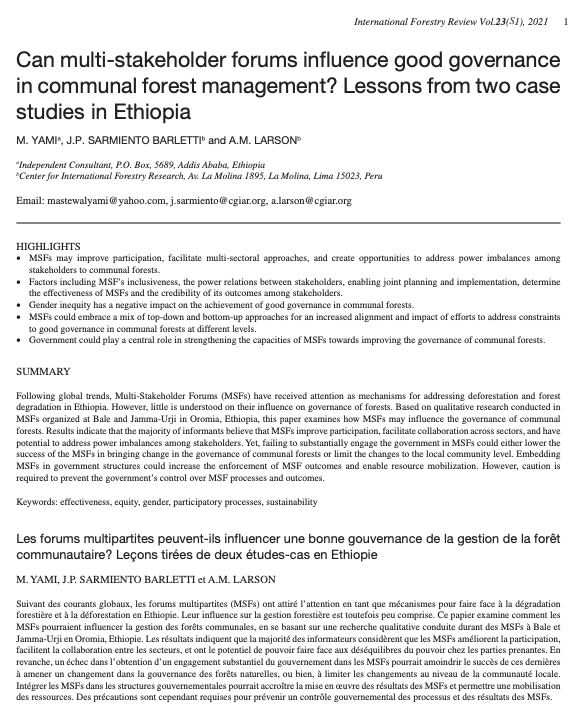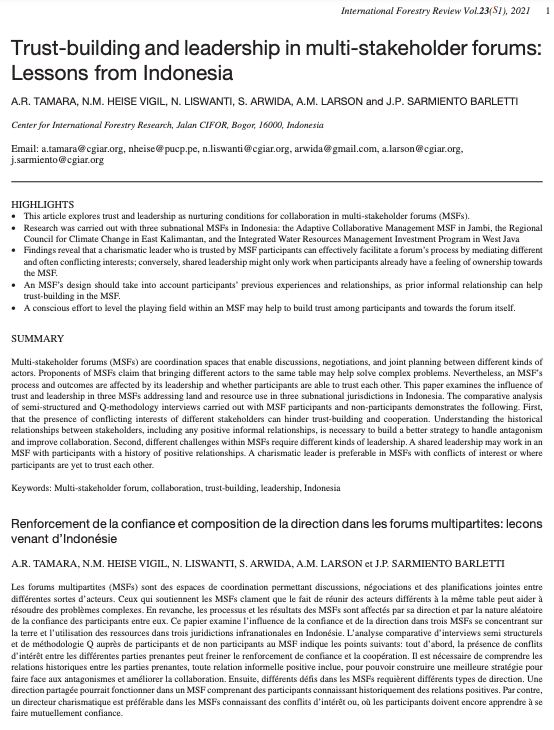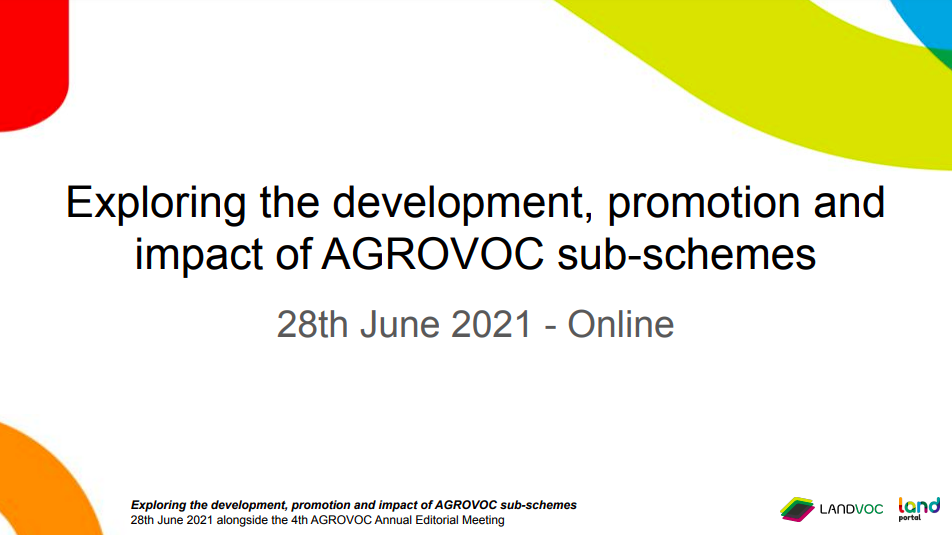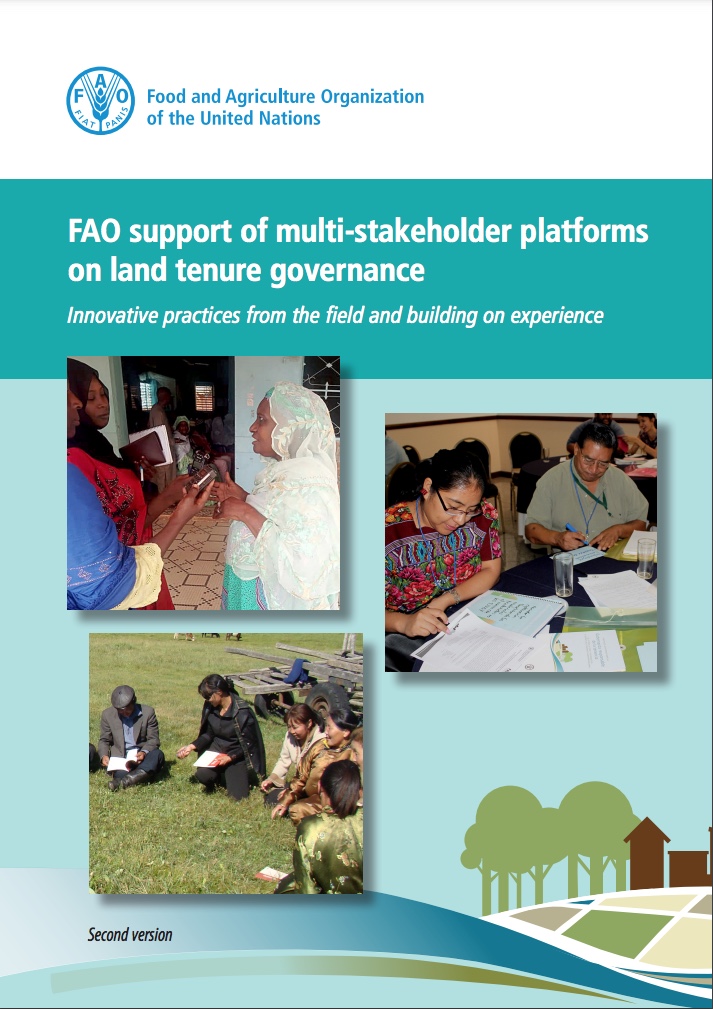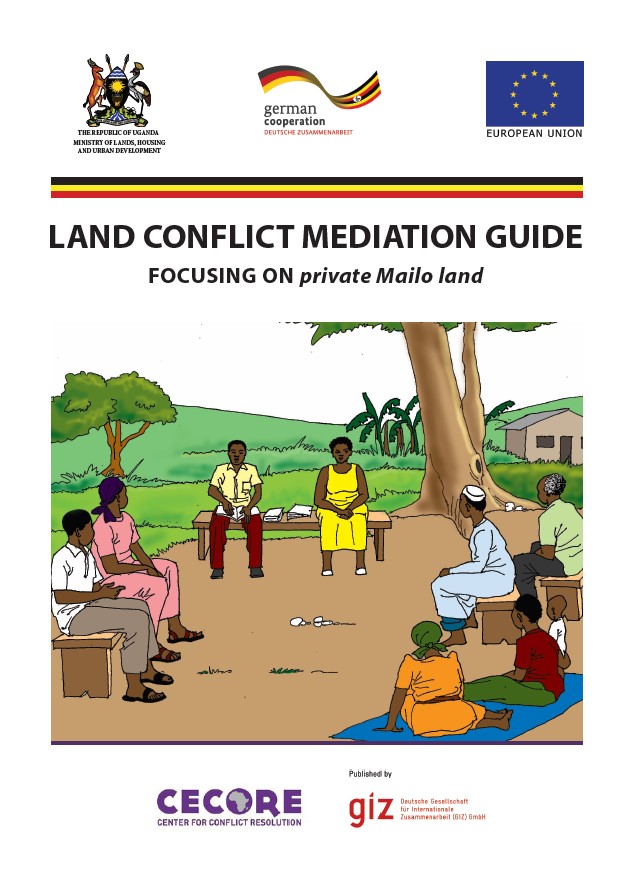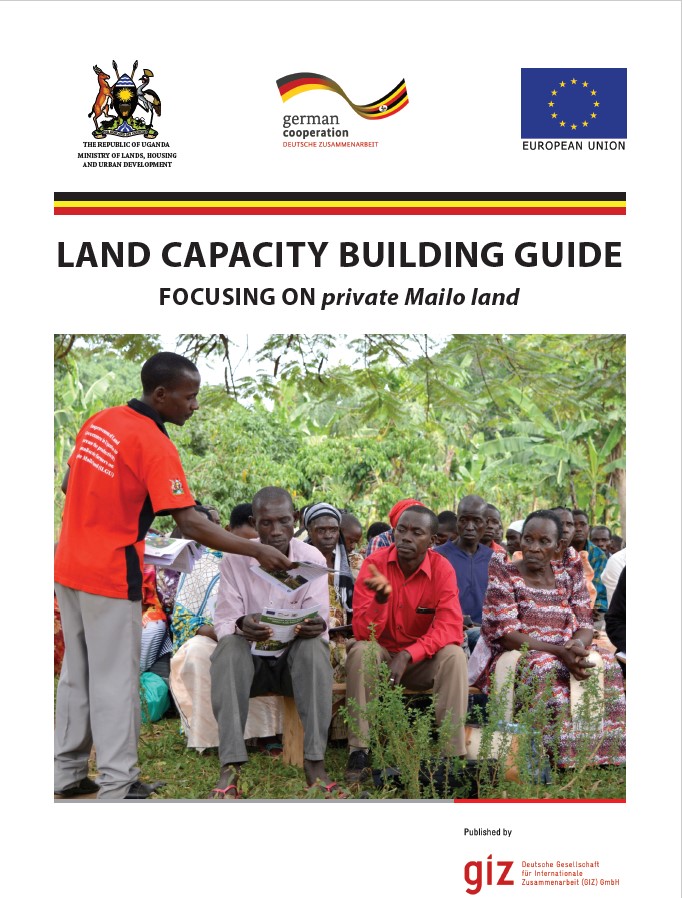A Stakeholders’ Analysis of Eastern Mediterranean Landscapes: Contextualities, Commonalities and Concerns
This study aims at demonstrating and critically assessing high-level landscape stakeholders’ perceptions and understandings of landscape-related issues, threats and problems, in the Eastern Mediterranean, through a purposive comparative research survey of four case studies: Cyprus, Greece, Jordan and Lebanon.




